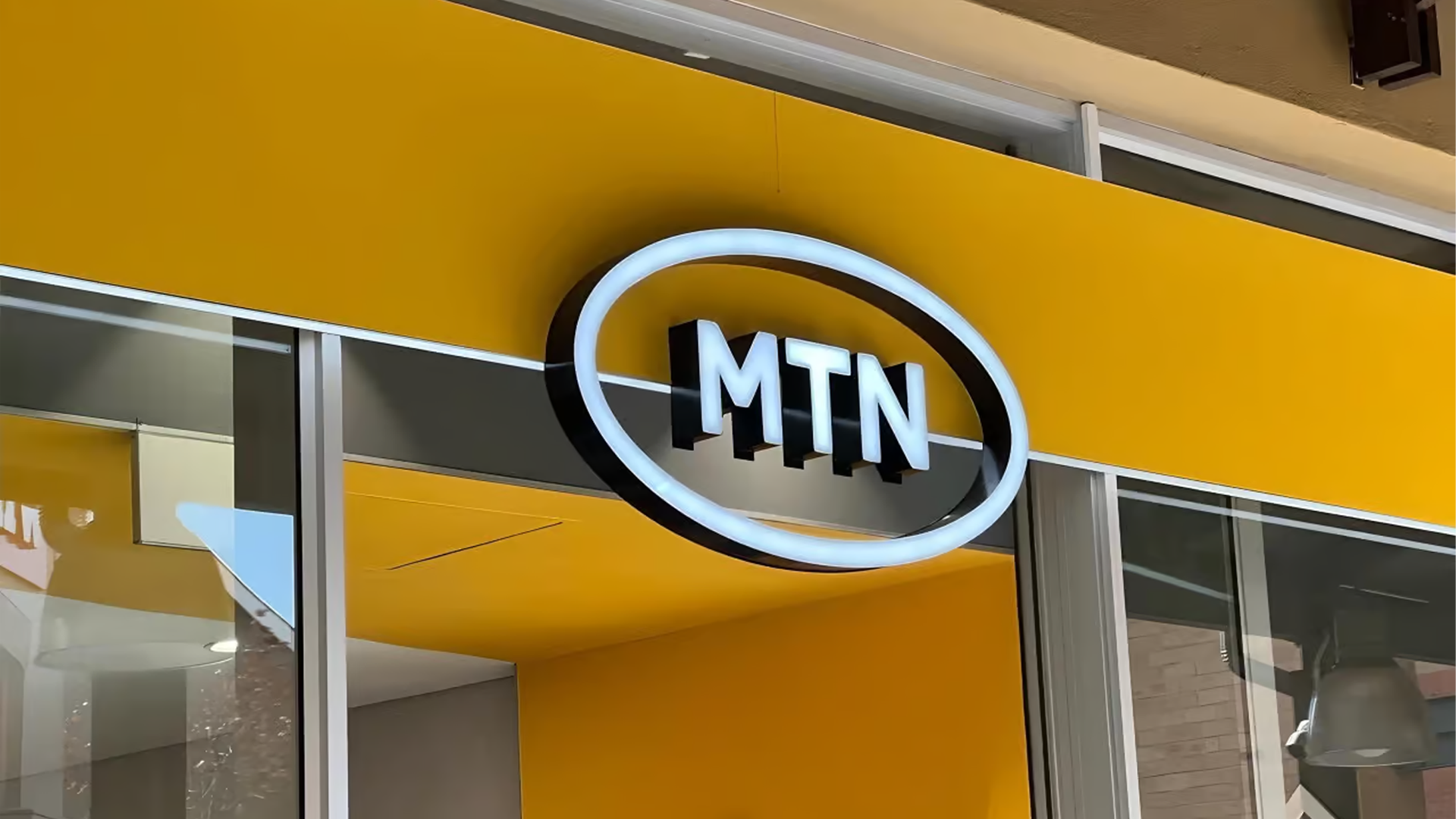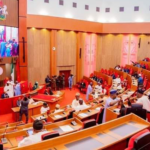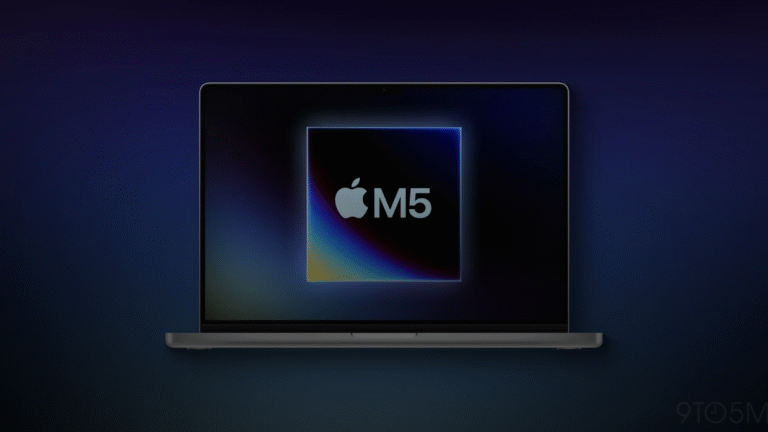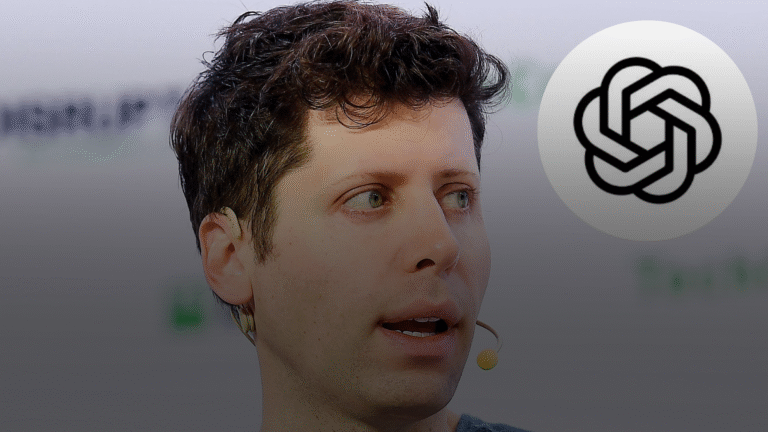MTN Nigeria has officially raised its data tariffs following the Nigerian Communications Commission’s (NCC) approval of a 50% increase in telecom charges. This adjustment, the first major hike in over a decade, comes as telecom operators struggle with rising operational costs, inflation, and the naira’s depreciation. For millions of Nigerians who rely on mobile data …

MTN Nigeria Increases Data Tariffs: What It Means for You

MTN Nigeria has officially raised its data tariffs following the Nigerian Communications Commission’s (NCC) approval of a 50% increase in telecom charges. This adjustment, the first major hike in over a decade, comes as telecom operators struggle with rising operational costs, inflation, and the naira’s depreciation.
For millions of Nigerians who rely on mobile data for work, education, and entertainment, this price increase is a major concern. While MTN has taken the lead in adjusting its rates, industry experts anticipate that other telecom giants like Airtel and Glo may soon follow suit.
New MTN Data Prices at a Glance
Here’s how much MTN subscribers will now pay for data:
• 1GB – ₦525 (Previously ₦350)
• 5GB – ₦2,250 (Previously ₦1,500)
• 10GB – ₦5,250 (Previously ₦3,500)
• 25GB – ₦9,750 (Previously ₦6,500)
These changes have been implemented to align with the NCC’s directive and to help telecom providers manage rising expenses.
Why the Price Hike?
Telecom operators in Nigeria have long called for an increase in tariffs, arguing that the costs of running their networks have surged due to factors such as:
• High inflation: The naira has lost value, making it more expensive to maintain network infrastructure.
• Diesel prices: With power supply issues persisting, telecom companies rely heavily on diesel generators, and fuel costs have skyrocketed.
• Exchange rates: Many telecom components are imported, and the fluctuating dollar exchange rate has made purchases more expensive.
Initially, telecom companies, including MTN, had requested a 100% tariff hike, but the NCC settled for 50% to balance consumer interests with industry sustainability.
While MTN has been the first to adjust its pricing, it is expected that Airtel, Glo, and 9mobile will eventually introduce similar increases. This is because telecom providers typically align their pricing structures to maintain market competitiveness.
Nigerians are already voicing their frustration on social media, with many arguing that higher data prices will make internet access even more difficult in a struggling economy. Some are exploring alternative networks, but if other telecom operators increase their rates as expected, there may be little room for escape.
What’s Next for Consumers?
With telecom prices rising and more increases likely on the horizon, subscribers may need to explore cost-saving strategies, such as:
• Buying larger data bundles to get more value per gigabyte.
• Using Wi-Fi where possible to reduce reliance on mobile data.
• Checking for promotions or loyalty offers from telecom providers.
As the situation develops, Nigerians will be watching closely to see if the NCC will reconsider its stance or if mobile networks will introduce alternative, affordable plans. For now, staying informed and adjusting data usage wisely will be key to managing these changes.
Stay tuned for more updates as the story unfolds.






